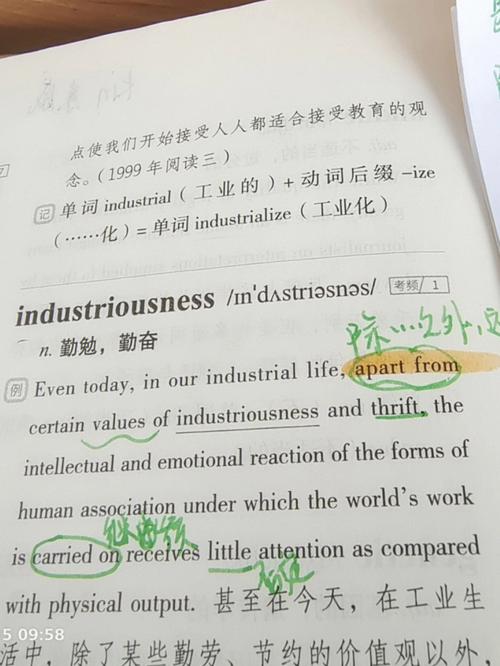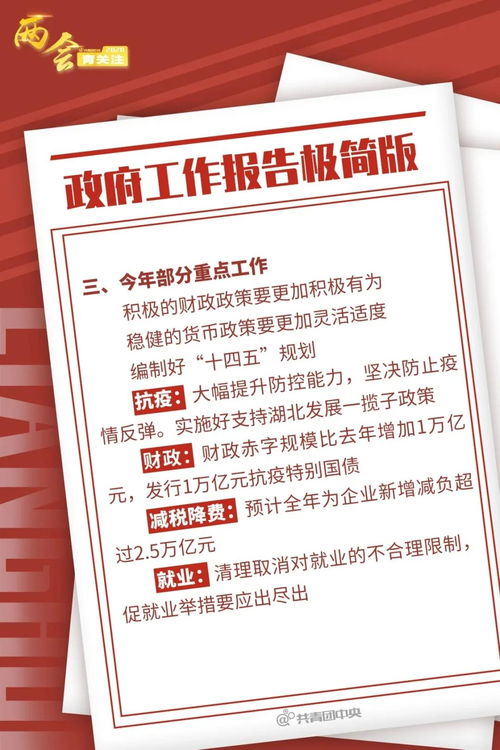翻译专业考研可以跨考什么专业
Title: Can an English Major Prepare for the Postgraduate Entrance Examination in Translation?
Certainly, an English major has a strong foundation to prepare for the postgraduate entrance examination in translation. Here are some key points to consider when preparing for the exam:
1.
Language Proficiency:
As an English major, you already have a strong grasp of the English language, which is a valuable asset for the translation exam. However, it's essential to have a comprehensive understanding of both English and your target language. Practice reading, writing, listening, and speaking in both languages to strengthen your language proficiency.2.
Translation Theory and Practice:
Familiarize yourself with the fundamental theories and principles of translation. Understand the different translation techniques, such as literal translation, free translation, cultural adaptation, and localization. Practice translating various types of texts, including literary, technical, legal, and scientific documents. This practical experience will enhance your translation skills.3.
Vocabulary Building:
Expand your vocabulary in both languages, especially in specialized fields like law, medicine, technology, and business. A wideranging vocabulary is crucial for accurately conveying the nuances of the original text in the translated version.4.
Cultural Awareness:
Translation goes beyond language and encompasses cultural nuances. Gain insight into the cultural contexts of both languages to ensure that your translations are culturally sensitive and contextually appropriate.5.
Exam Preparation:
Obtain previous years' exam papers and practice translating them under timed conditions. This will help you familiarize yourself with the exam format and timing. Additionally, consider enrolling in preparatory courses or hiring a tutor specialized in translation to receive guidance and feedback.6.
Stay Informed:
Stay updated with the latest developments in the field of translation by reading scholarly articles, books, and journals. Understanding contemporary issues in translation will demonstrate your awareness and engagement with the field.7.
Seek Feedback:
Share your translated work with professors, peers, or professional translators to receive constructive feedback. This will help you identify areas for improvement and refine your translation skills.
In conclusion, with diligent preparation, a strong foundation in the English language, and a dedicated focus on translation theory and practice, an English major can indeed prepare for the postgraduate entrance examination in translation. Patience, perseverance, and a strategic approach to studying will be beneficial in achieving success in the examination and future endeavors in the field of translation.
Best of luck with your exam preparation!












评论